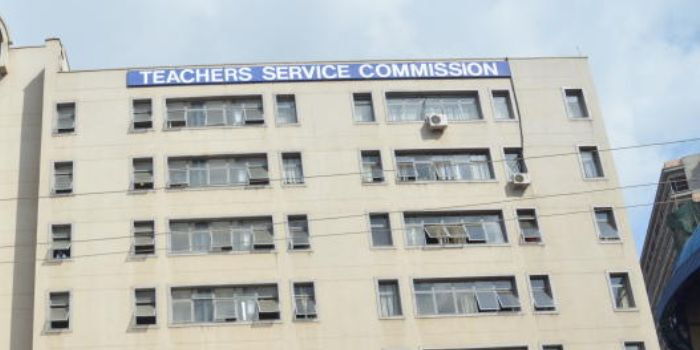Kimilili Member of Parliament (MP) Didmus Barasa has introduced a proposal to amend the Teachers Service Commission (TSC) Act of 2012, with the goal of improving representation and inclusivity within the Commission.
In a statement on February 24, 2025, Barasa revealed that his amendment proposal seeks to create a more inclusive TSC by giving teachers a direct voice on the Commission.
He highlighted that this proposal mirrors the current practices in other national commissions, such as the Judicial Service Commission and the Parliamentary Service Commission.
Barasa explained that the TSC currently consists of a chairperson who oversees meetings, ensures the Commission carries out its duties, and represents the body in national educational matters.
The Commission also includes eight commissioners, who are tasked with creating and enforcing policies related to teacher management, making decisions about promotions, and overseeing the recruitment process.
Furthermore, the Chief Executive Officer (CEO), who is appointed by the Commission, heads the secretariat and manages the day-to-day activities of the Commission.
Barasa’s proposal suggests including a representative from primary schools on the Commission. This would allow primary school teachers to nominate a representative from within their own ranks to sit on the Commission. Similarly, Barasa proposed that secondary school teachers should be allowed to elect a representative, ensuring that key stakeholders from both levels of education have a voice in the decision-making process.
Additionally, Barasa recommended that post-secondary institutions should also have a representative on the TSC. This would allow institutions such as colleges and universities to nominate a member to ensure that their interests and contributions to the education sector are properly represented.
The MP further suggested that the Commission’s operational model be shifted from full-time to part-time. This adjustment, according to Barasa, would improve resource allocation and create a more efficient working model for the Commission.
Ultimately, Barasa emphasized that the main objective of these amendments is to enhance the Commission’s effectiveness by giving all educational stakeholders—primary, secondary, and post-secondary teachers—a chance to participate in shaping policies and decisions that directly affect the teaching profession.
“The aim is to create a more representative, dynamic, and efficient Teachers Service Commission that truly reflects the needs of the people it serves,” Barasa concluded.
Join Gen Z official Whatsapp Channel To Stay Updated On time the ongoing situation https://whatsapp.com/channel/0029VaWT5gSGufImU8R0DO30


